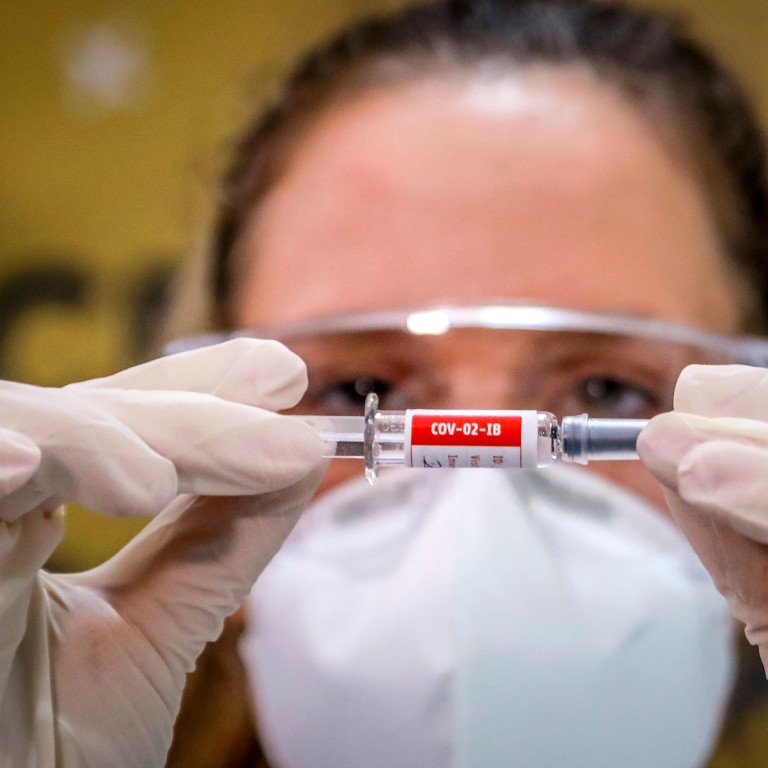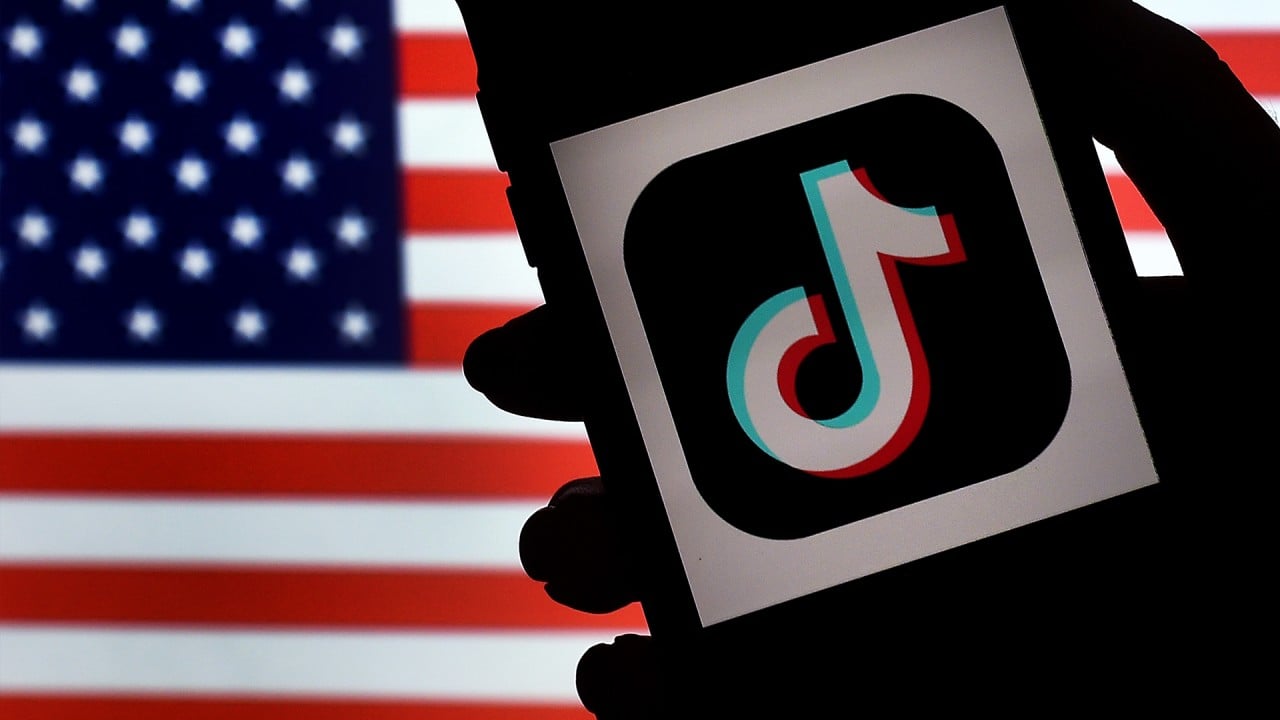
Hong Kong stocks narrow losses as city will allow restaurants to serve in evenings, cinemas to reopen Friday
- US, China officials spoke by phone Tuesday, reiterated commitment to trade deal
- Alibaba advances, while Tencent slips
Hong Kong finished with a small loss Tuesday after earlier declines narrowed when the government relaxed social distancing restrictions, allowing restaurants to serve until 9pm beginning Friday.
Information technology stocks were the top losers.
AAC Technologies tumbled 7.4 per cent on Monday’s disappointing second-quarter results and a downgrade by Citigroup to “sell”. It was the worst performer on the Hang Seng, followed by Sunny Optical, as Goldman Sachs cut the lens maker to “sell” from “buy”.
The Shanghai Composite Index closed down 0.4 per cent at 3,372.58, snapping a two-session winning streak.
The ChiNext Index – operating under loosened rules that led one debuting stock on Monday to soar nearly 3,000 per cent – rose 0.6 per cent, extending gains for a third day.
China’s vice-premier Liu He, who officiated at the debut of 18 stocks on the ChiNext on Monday, called a registration-based IPO pilot reform of the board “an important part of China’s capital market construction, which will pave the way for the future roll-out of the system on the main board and the [small and medium size enterprises] board.” He said the smoother IPO system “is designed to ease enterprises’ burdens, and increase transparency with an open and paperless application review process. It is hoped that the ChiNext can complement other boards to create a multi-layered capital market with different emphasis to increase the market’s comprehensiveness in helping companies raise funds.”
The talks came at a time of increasingly sour relations between the world’s leading economies, as President Donald Trump, facing a tough re-election battle, has attacked China on everything from its handling of the coronavirus outbreak to claimed national security threats posed by its tech giants Huawei as well as Tencent through the popular WeChat app. There was no indication that Tuesday’s conversation went beyond trade.

03:07
Stop offering ‘untrusted’ Chinese apps like TikTok and WeChat, Washington urges US tech companies
Meanwhile, US equities hit fresh highs overnight on hopes for new Covid-19 treatments and vaccines. US futures were up when Hong Kong’s market closed for the day.
In Hong Kong, Alibaba, the e-commerce group that owns the South China Morning Post, advanced 1.8 per cent, while Tencent slipped 0.6 per cent.
The Hang Seng Tech Index of Hong Kong’s 30 largest tech companies declined 1.5 per cent.
Elsewhere in Asia, Japan’s Nikkei 225 and South Korea’s Kospi rose by at least 1.4 per cent, while Australia’s S&P/ASX 200 inched up 0.5 per cent.
Meanwhile, two stocks debuted on the mainland: Wuxi Paike New Materials Technology and Ningbo TIP Rubber Technology shot up by the 44 per cent upside limit on the first day of trading on most mainland boards.

